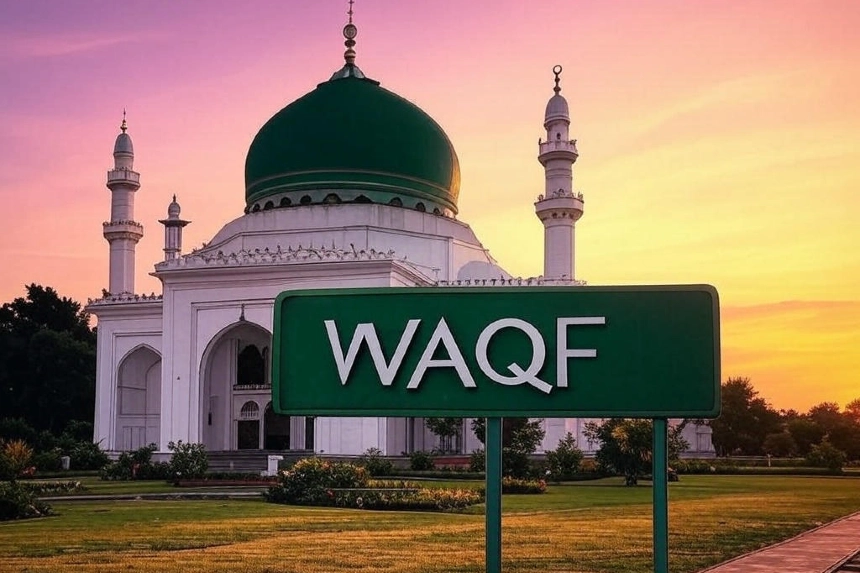The Waqf (amendment) bill was passed in the Lok Sabha on 3 April. It was initially introduced in 2024 and ever since then, it has been criticized by Muslim bodies and opposition parties over many clauses. It seeks to amend the Waqf Act 1995 which guarantees the protection of religious land and heritage properties of Muslims in India.
In the Lok Sabha, the debate went on for 12 hours while the NDA government said the law was for the benefit of the minorities while the opposition has come down heavily on the bill calling it “anti-muslim”. In a nutshell, the amendment takes the power of managing properties from the Waqf Board and gives it to government officials.
After its official introduction by Law Minister Kiran Rijiju in August Last year it was sent to the JPC (Joint Parliamentary Committee) for further evaluation. After changes proposed by the JPC, it was reintroduced in the lower house by Kiran Rijiju on Wednesday. JPC also cleared 14 amendments on 27 February other than the changes in a few clauses which have become the center of debate.
The government’s stand is that the original act has loopholes leading to illegal possession of land and improper management, additionally, the government pointed to misuse of power by Mutawallis and lack of diversity and coordination of the boards with authorities in many places.
While introducing the bill Rijiju said, “In case the government doesn’t bring this bill, the Parliament building and airport were being claimed as waqf properties.”
The opposition on the other hand says that the bill can be misused by the ruling government which will get the power to declare and remove any property from the list of waqf which interferes with religious freedom under the Indian constitution.
Here is a detailed explanation of the clauses that have raised concerns and boycotts. Waqfs have a long history dating back to the period of the Delhi Sultanate, and the number of properties under it has only increased. Today there are 8.7 lakh properties under the Waqf board with a monetary value of approximately 1.2 lakh crore. This includes 8,72,328 immovable and 16,713 movable properties in total.
Assaduddin Owaisi, a major leader against the bill has emphasised it as a tool to control the minorities by leaving no land for their graves, khanqahs and mosques. While there has been a vocal boycott of the bill it has been passed in the Lok Sabha and sent to the Rajya Sabha for consideration.








